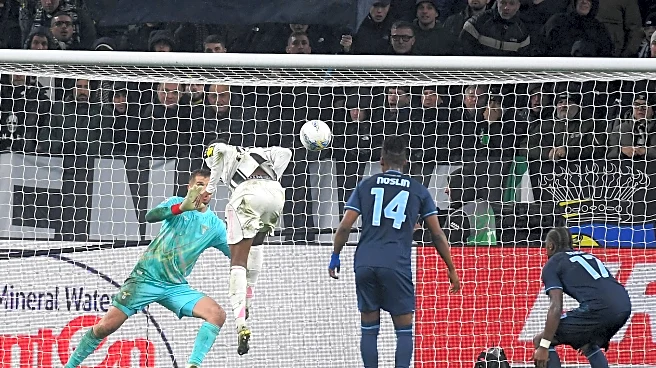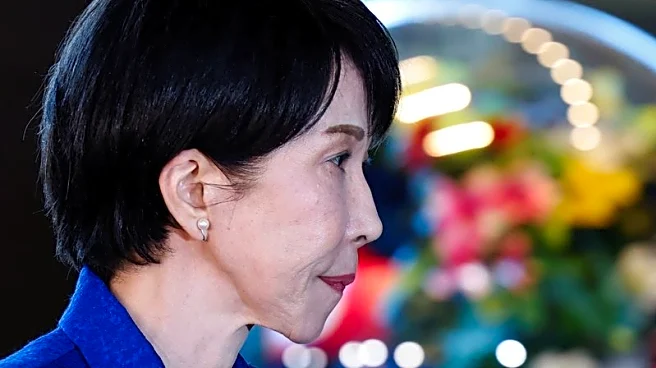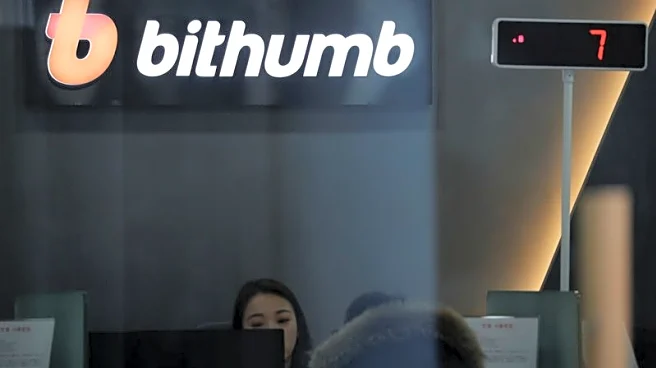Rapid Read • 8 min read
The U.S. Ninth Circuit Court of Appeals has overturned an $8.8 million judgment awarded to Yuga Labs, the creator of the Bored Ape Yacht Club (BAYC) NFTs, in a legal dispute with artist Ryder Ripps and his business partner Jeremy Cahen. The court ruled that Yuga Labs had not sufficiently proven that Ripps and Cahen's NFTs, which they claimed were satirical, caused consumer confusion. This decision sends the case back to a federal court in California for a trial to determine if the tokens infringed on Yuga Labs' trademarks. The original lawsuit, filed in June 2022, accused Ripps and Cahen of false advertising, trademark infringement, and cybersquatting. In October 2023, a district judge had ordered Ripps and Cahen to pay $1.38 million in damages, which was later increased to $8.8 million including attorney fees.
AD
This ruling is significant for the NFT industry as it highlights the complexities of applying traditional trademark laws to digital assets. The decision underscores the need for concrete evidence of consumer confusion in trademark cases, which could impact how future NFT-related legal disputes are handled. It also affirms NFTs as 'goods' under U.S. trademark law, potentially encouraging more brands to enter the NFT space. However, the ruling raises the bar for proving harm, which could deter speculative lawsuits but also empower smaller creators to challenge aggressive trademark enforcement.
The case will return to a lower court for a trial, where Yuga Labs will need to present more substantial evidence to support its claims. The outcome of this trial could set a precedent for how trademark rights are enforced in the digital realm, influencing future litigation strategies and regulatory approaches in the NFT market.
The case highlights the tension between intellectual property rights and artistic freedom, particularly in the NFT space where parody and transformative works often blur legal lines. The decentralized nature of blockchain technology complicates enforcement, posing challenges for both large entities and independent creators.
AD
More Stories You Might Enjoy












